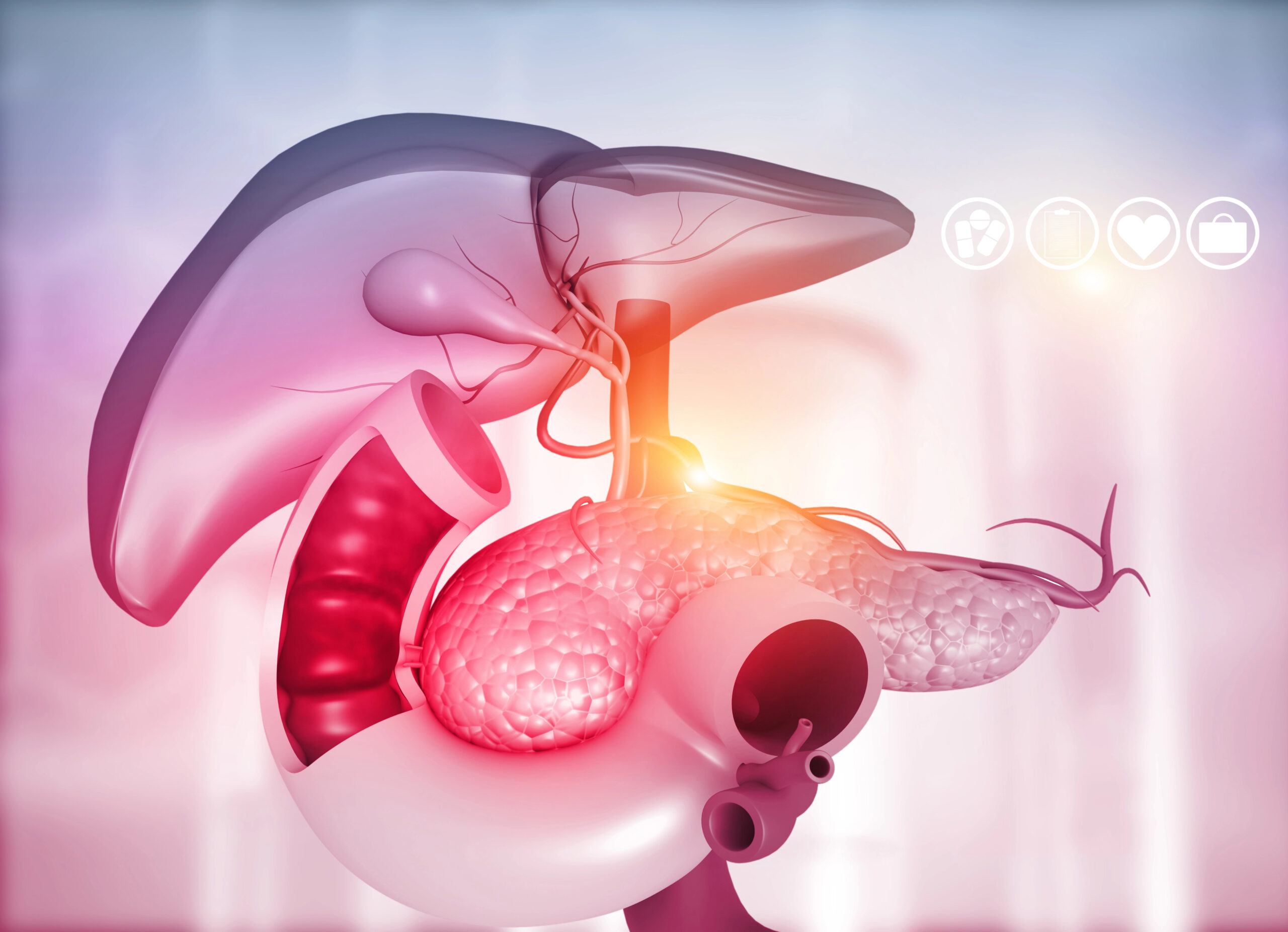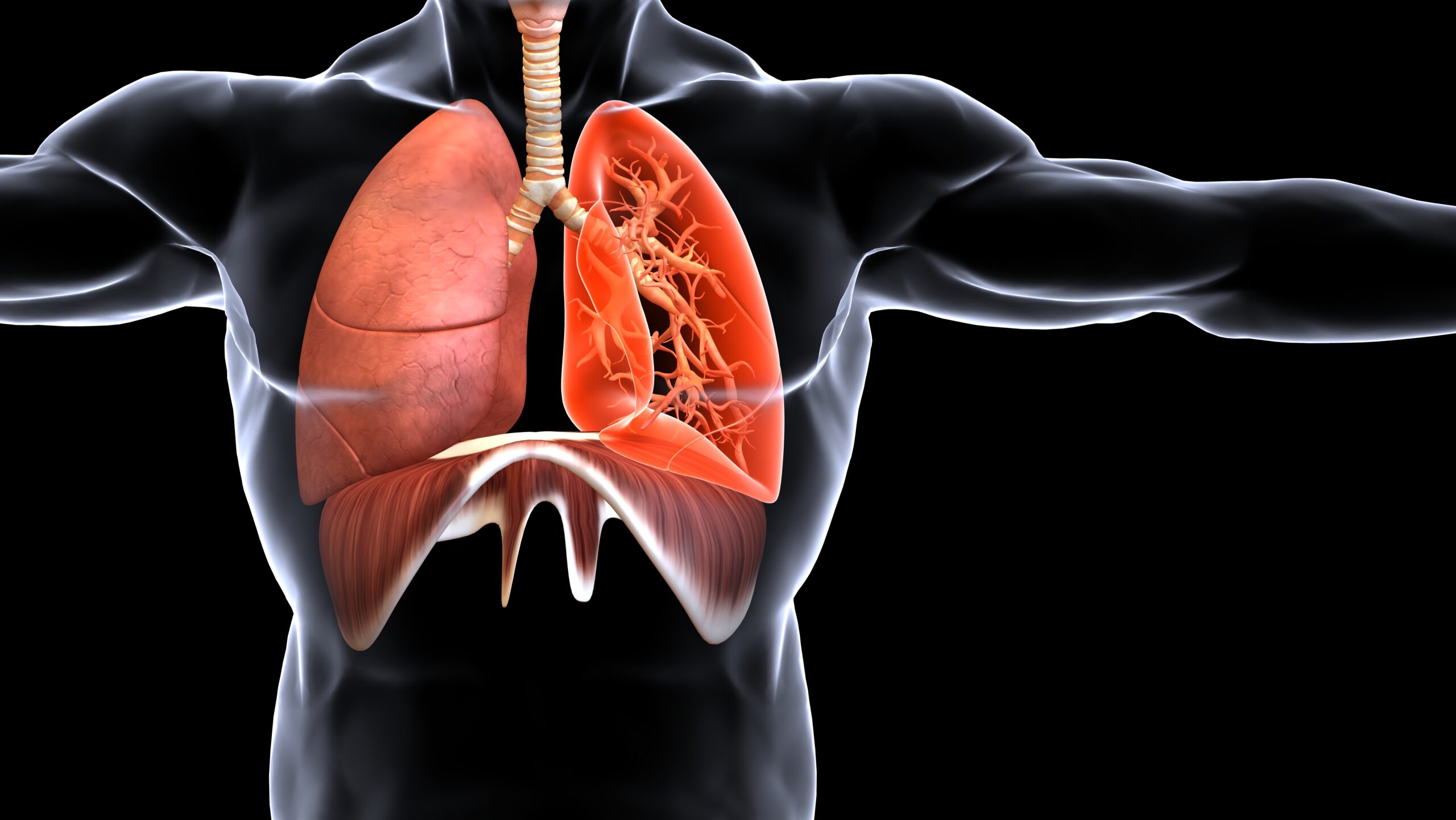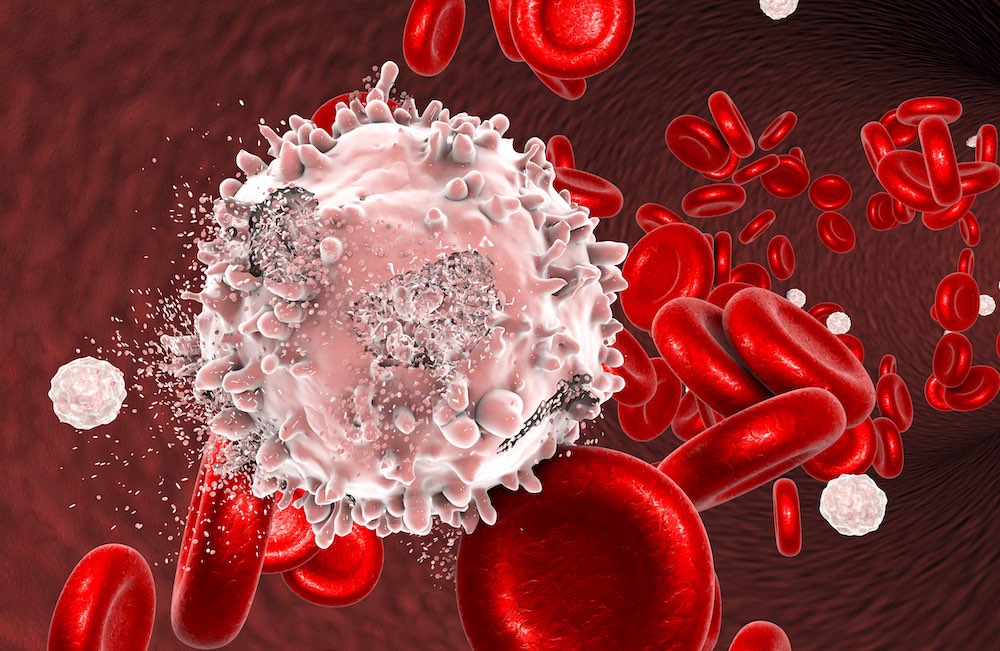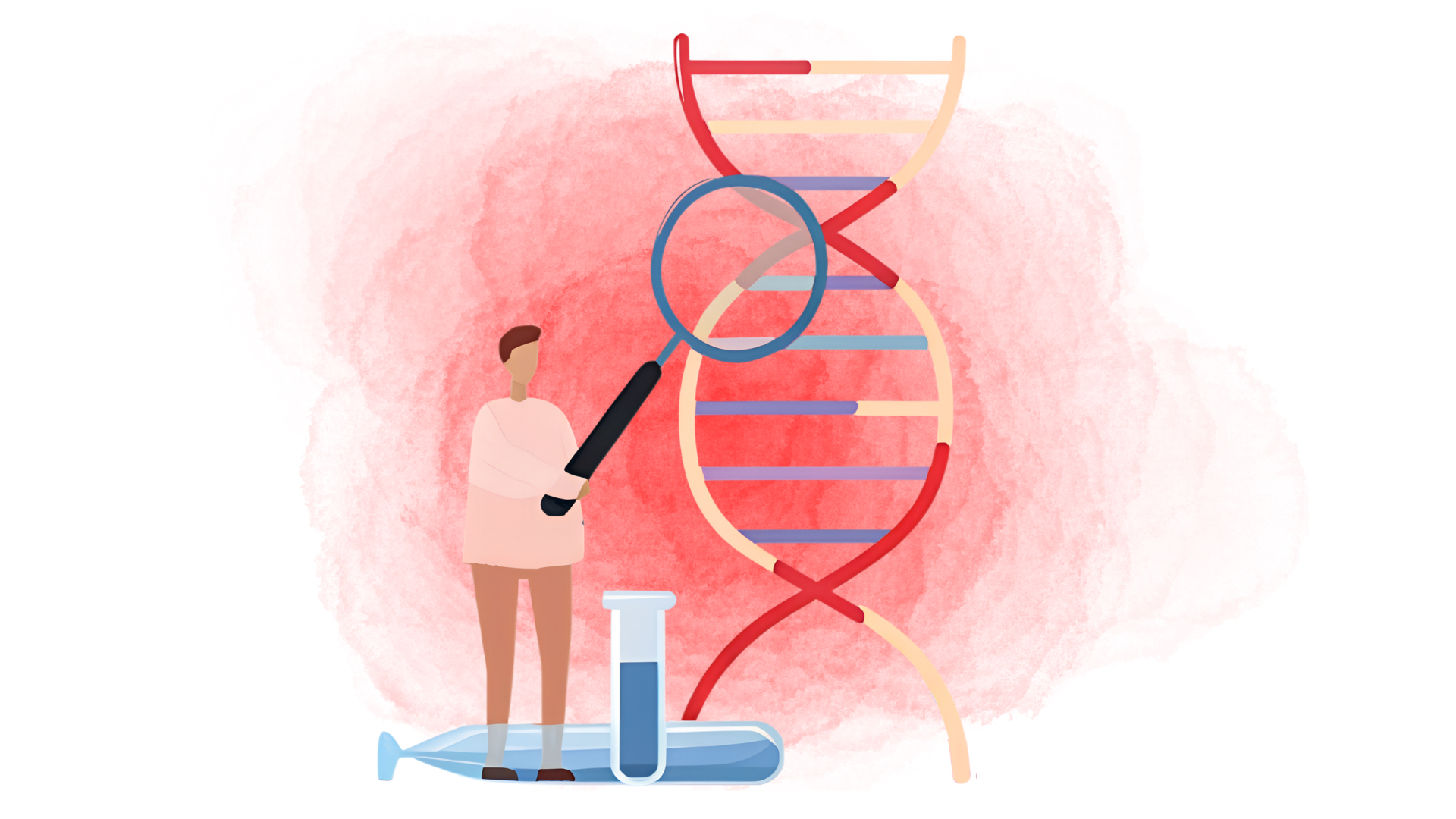Posts by author
Janet Fricker
Low-dose aspirin reduces colorectal cancer recurrence in patients with PI3K alterations
Taking adjuvant low-dose aspirin daily for three years reduced recurrence of colorectal cancer by 55% in patients with somatic alterations in PI3K signalling compared to those taking placebo. The results of the ALASCCA study, presented at the 2025 ASCO Gastrointestinal…
MRI technique can identify pre-malignant pancreatic lesions
Diffusion tensor imaging (DTI), a form of MRI, is capable of detecting pre-malignant lesions in both mouse and human pancreatic specimens. The ‘proof of concept’ study, published in Investigative Radiology, 13 December 2024, opens the way to use DTI for…
Key link identified in mechanism promoting lung metastases from breast cancer
The amino acid aspartate has been found to function as an extracellular signalling molecule to promote lung metastases in breast cancer. The study, published in Nature, 1 January, which was undertaken in mice and postmortem human tissue, showed evidence for…
Second-generation BTK inhibitor shows promise as fixed-duration therapy in CLL
Treatment with the second-generation Bruton tyrosine kinase (BTK) inhibitor acalabrutinib plus the BCL2 inhibitor venetoclax (with or without the CD20 inhibitor obinutuzumab), delivered as fixed-duration therapies, significantly improved progression free survival in comparison with standard-of-care chemotherapy in previously untreated patients…
New evidence can help inform decisions on managing early-onset breast cancer linked to BRCA mutations
Patients with germline BRCA gene mutations and a history of early-onset breast cancer who underwent risk-reducing bilateral mastectomy and/or a risk-reducing salpingo-oophorectomy had lower rates of death than those not undergoing these procedures. The study, presented at the 2024 San…
Gut microbiota influence effectiveness of tamoxifen in breast cancer
Variations in the microbiota of the human gut impact on the pharmacokinetics of tamoxifen in the blood and consequently on the effectiveness of breast cancer prevention. The study, published in the journal mBio, 25 November, showed that the presence of…
Radiotherapy prior to immunotherapy is the best treatment sequence for melanoma related brain metastases
Patients with melanoma related brain metastases achieve reduced risk of progression and better overall survival if they receive radiotherapy before immunotherapy as opposed to the other way round. The meta-analysis study, abstract RADT-04, presented at the Society of Neuro Oncology…
Study helps solve the puzzle of checkpoint inhibitor myocarditis
The immune reaction that occurs in the hearts of patients taking checkpoint inhibitors who develop immune checkpoint myocarditis may be distinct from the immune responses occurring in the tumours of these patients. The study, published in in Nature, 6 November,…
Smoking cessation fundamental to first-line cancer care
Cancer patients who enter a smoking cessation programme within six months of receiving a diagnosis, and quit within three months after programme entry, experience a 26% reduction in mortality versus those who continue smoking. The study, published in in JAMA…
Large-scale whole genome sequencing identifies six new cancer susceptibility/ resistance genes
Six previously unreported genes have been revealed to harbour rare germline mutations that associate with cancer risk. The study, published in Nature Genetics, 29 October, identified 34 genes associated with cancer risk, including four novel genes associated with increased cancer…










